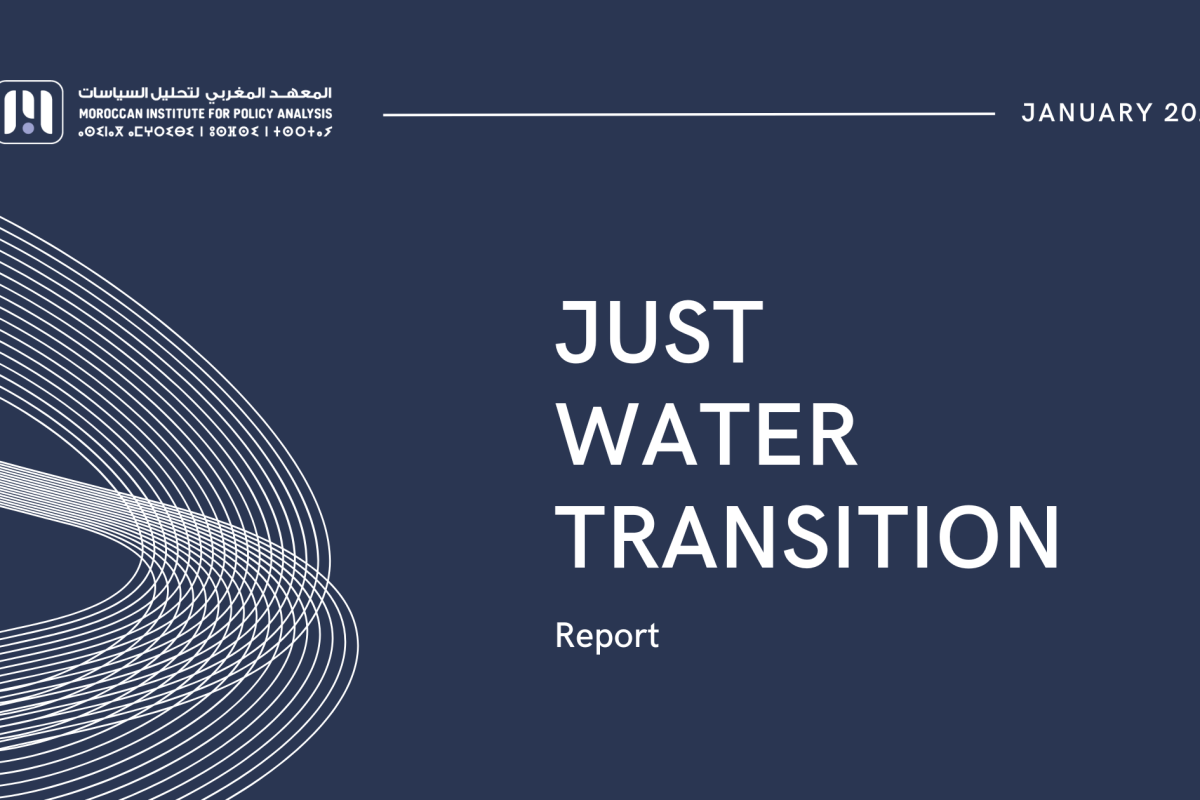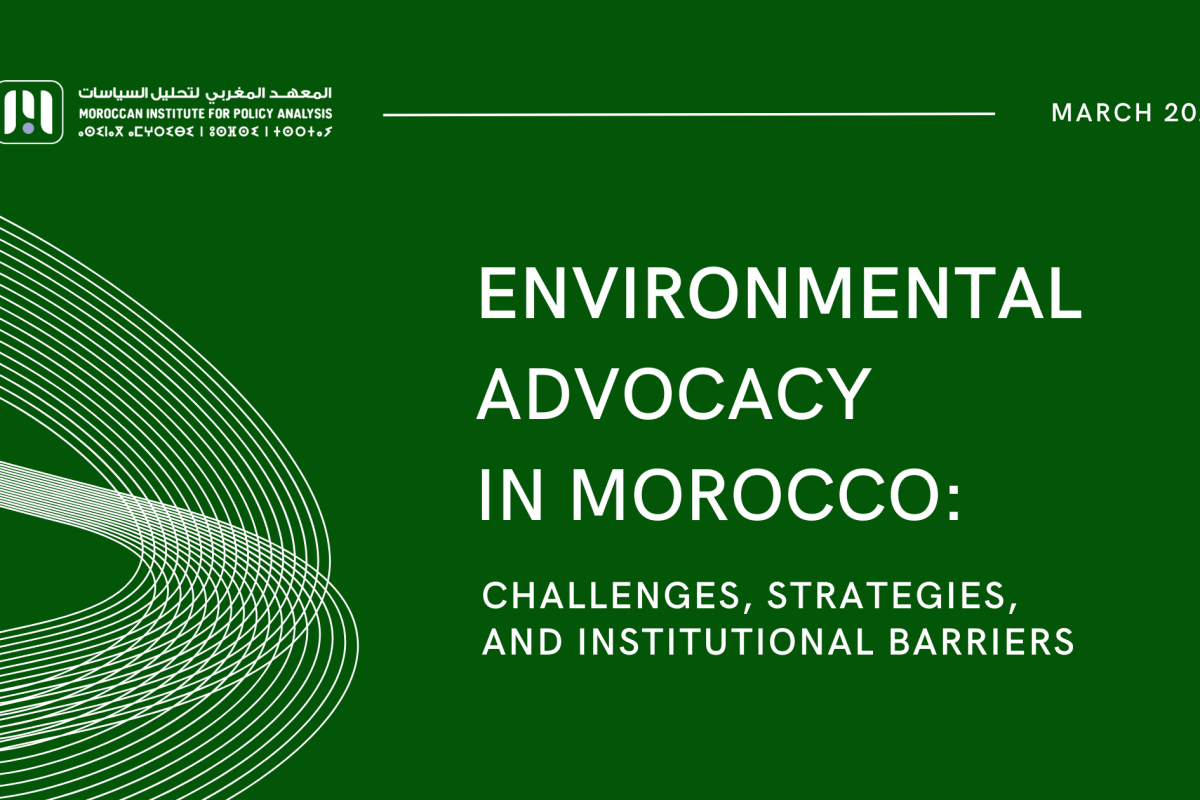Economic Implications of Hosting the 2030 FIFA World Cup in Morocco
Is Hosting a World Cup Beneficial for the Economy of the Host Country?
This question has been the subject of extensive analysis by numerous economists specializing in the economic impact of major sporting events. By studying the effects of hosting events such as the Olympic Games and the FIFA World Cup on sectors like tourism, employment, and the broader sports economy, these experts have uncovered insights that often diverge from the optimistic narratives traditionally presented by political leaders. Historically, political figures have made ambitious predictions about the economic benefits these events could bring to their nations, often emphasizing significant boosts to GDP, job creation, and international visibility. However, the general findings of economic studies tend to paint a more nuanced and, at times, skeptical picture. While hosting a global event like the World Cup undoubtedly brings some economic benefits, such as increased tourist arrivals, improved infrastructure, and temporary job creation, these gains often fall short of the lofty expectations set by policymakers.
Morocco, in partnership with Spain and Portugal, is set to host the 2030 FIFA World Cup, marking an unprecedented moment of regional collaboration between Africa and Europe. Spain and Portugal have significant experience hosting international football events, including Spain’s 1982 FIFA World Cup and Portugal’s UEFA Euro 2004. Morocco, bolstered by its successful organization of three FIFA Club World Cups and its historic performance in the 2022 World Cup, is emerging as a capable football nation.
Hosting the 2030 FIFA World Cup alongside Spain and Portugal presents Morocco with a monumental financial undertaking and an equally significant opportunity for economic advancement. Initial estimates by officials from the Ministry of Finance and studies conducted by Moroccan financial institutions place the total cost of organizing the World Cup at approximately $15 to $20 billion across the trio of host nations. Morocco’s share of this budget is anticipated to range between $5 and $6 billion, equivalent to 50–60 billion Moroccan dirhams[1]. To finance this massive initiative, Morocco plans to draw from diverse sources. Around 25 billion dirhams will be allocated directly from the public general budget between 2024 and 2030, with these funds dedicated primarily to the construction of stadiums, training centers, and other sports facilities. This significant commitment underscores the government’s prioritization of the event as a national development project. Additionally, public companies are expected to contribute 17 billion dirhams, earmarked for critical infrastructure and transportation networks. These investments are likely to be secured through a combination of bank loans and private debt market mechanisms facilitated by SEGMA (State-Owned Enterprises and Government-Managed Administrative Entities). To complement domestic funding, Morocco plans to raise approximately 10 billion dirhams through concessional foreign loans, international donations, and financial aid from partner countries to cover other organizational costs.
This is a positive development for Morocco, which, through its involvement in organizing the 2030 World Cup, will benefit from a range of opportunities. Economically, Morocco will have the chance to modernize its infrastructure, attract foreign investment, and accelerate the country’s overall growth strategy. This will lead to direct investment opportunities, as well as increased activity in the stock market, particularly in sectors such as construction, tourism, banking, telecommunications, and electricity. Geopolitically, Morocco will enhance its soft power, positively influencing the international perception of the country, strengthening its diplomatic position, and building a more favorable image abroad. In the sports domain, the construction and renovation of competition stadiums and training centers will provide a significant boost to the national professional football scene. Additionally, the emergence of local football heroes will generate excitement for the sport, inspire youth to engage in athletics, pursue careers in sports, and adopt a more active lifestyle[2].
Empirical Analysis / Statistics
What would be the real impact on tourism activity? A study[3] published in 2011 showed that hosting major events like the FIFA World Cup or the Olympic Games increased tourism by an average of 8%. However, this average concealed variations between different events: the Summer Olympics had a significant impact, while the Rugby World Cup had a smaller effect. An updated version of this study[4], covering tourist arrivals from 1995 to 2019, raised doubts about the substantial impact of large sporting events on tourism. The average increase in tourist arrivals dropped to 4%, though for FIFA World Cup events, the growth was about 12%. Most other events showed little to no change, or even a negative impact. It is possible, some suggest, that the primary benefit of hosting such events lies in the increase in tourism in the years following the event, rather than during it. This hypothesis was tested, and the results showed a very weak effect after the event. In fact, a more significant “anticipation effect” was observed, with host countries attracting additional tourists one or two years prior to the event.
What about job creation? Before major sporting events, host country governments always promise significant job creation. However, when comparing unemployment rates before and after such events, there is, at best, no noticeable difference[5]. In some cases, negative effects can even be observed, particularly in developing countries. A large event creates additional job demands, attracting individuals who were previously outside the labor market. After the event, these individuals remain in the workforce but find themselves unemployed. The increase in the labor force, coupled with the decline in jobs post-event, leads to a rise in the unemployment rate.
What are the effects on the sports economy? This issue was addressed by a study on the impact of major football tournaments[6] (World Cups and Euros) on attendance at professional football clubs’ stadiums in the host country. Analyzing data from sporting events since the 1966 World Cup and observing stadium attendance five years before and five years after the competition, the study reveals that, on average, attendance increases by 15 to 25% for first- and second-division clubs, whether the cities host the event or not. This observation is attributed to multiple factors, including the extensive media coverage of the event, massive investments in marketing and merchandising, increased stadium capacities, improved comfort, and enhanced transportation infrastructure. As a result, the football economy would greatly benefit from hosting a World Cup. The next question is whether the gains from increased stadium attendance outweigh the expenses generated by organizing the competition. A cost-benefit analysis was carried out for the 2014 Brazil World Cup. By considering that the average ticket price in Brazil was $7, the average revenues for host and non-host clubs in the first to fourth divisions were estimated.
Despite improved attendance, the growth was insufficient to offset the economic losses from the event’s organization. The gains were estimated at 134 million euros over five years, while the 2014 World Cup cost private investors 2.5 billion euros, a cost 20 times higher. However, this estimate can be debated. The analysis period is limited to five years, while the stadiums have a lifespan of up to 50 years. The potential inflation of ticket prices due to economic growth was also not considered. Additionally, stadium renovations would improve media visibility and, consequently, increase broadcasting rights. Another sporting effect is the increased participation in football within the population following the success of the host countries. A study covering the period from 1950 to 2014 in Germany concluded that the national team’s World Cup victories led to a significant increase in the number of licensed amateur football players[7].
Tangible / Intangible Benefits
One of the limitations of these empirical studies is that they tend to overlook the potential “intangible” benefits arising from hosting a World Cup. Adopting a broader perspective on the potential advantages of organizing a major sporting event could help explain the competition among potential host countries.
- Development of sports infrastructure.
According to FIFA’s requirements, the host trio is expected to provide 18 competition stadiums. Assuming an equal distribution among the three partners, Morocco could contribute 6 stadiums to the event. Based on available information, the proposed sports infrastructure includes the following:
- The Grand African Stadium: Located in the city of Benslimane, with an estimated budget of 5 billion MAD. Morocco aspires to have it designated as the venue for the tournament’s final.
- Stadiums in Tangier, Rabat, Casablanca, Marrakech, Agadir, and Fez: Each with an average projected budget of 1 billion MAD per stadium.
- Training facilities: Approximately 60 training centers are expected to be constructed or renovated, with an estimated budget of 3.5 billion MAD.
- Development of Non-Sports Infrastructure
A major event like the World Cup should be seen as a catalyst for large-scale urban transformation projects and a showcase of the architectural modernity of host cities. These urban transformation objectives should be integrated into a long-term strategic plan, often taking various complementary forms:
- Enhancement of Transportation Systems: This includes airports, highway bypasses, urban roads, and rail networks (high-speed trains and trams). The modernization of transportation in host cities will yield significant benefits, with long-term positive impacts across all sectors of the economy.
- Tourism Growth: Thanks to the positive and prestigious image projected by this major event, Morocco will not only attract foreign visitors during the competition but will also reach new heights in its ability to draw large numbers of tourists. This will involve appealing to both traditional and emerging markets, requiring investments in increasing capacity for accommodation, dining, and related activities. There will also be improvements in the national hotel infrastructure to meet the long-term objectives of the tourism sector. Notably, an additional 100,000 hotel beds are expected to be provided to cater to the demand in host cities. Projected tourist revenues for the year 2030 are expected to reach 120 billion dirhams. Increased tourism revenue will contribute to economic growth and employment opportunities.
- Job Creation
The organization of the World Cup will generate employment across various sectors, including construction, hospitality, catering, security, transportation, and communication. While construction-related jobs are inherently temporary, tourism-related positions could have long-term sustainability due to the anticipated increase in the number of visitors reaching a new threshold.
- Enhancement of the Country’s Image
Hosting the World Cup will undoubtedly serve as a premier advertising campaign for the country. By being in the global spotlight for around 40 days, Morocco will have the opportunity to enhance its image, strengthen its reputation, and build its renown among a worldwide audience. This will yield long-term positive effects on both tourism and investment.
- Consolidation of National Unity
An event of such prestige can strengthen the sense of unity and national pride, much like what was experienced following the achievements of the national team at the Qatar World Cup. Furthermore, the prominent display of Morocco’s complete map, including the Sahara, across all media platforms for the event will influence international perceptions and foster greater support for the national cause.
- Positive Influence on Youth
The World Cup often inspires young people to engage in sports and pursue their athletic dreams. Successful athletes can become role models for the youth, encouraging greater participation in sports. This was evident following Morocco’s remarkable achievement in Qatar, which led to a significant increase in membership applications for amateur sports clubs across various regions of the country.
- Increasing Connectivity
The telecommunications sector is also positioned to reap substantial benefits. Increased voice and data traffic during the World Cup will necessitate investments in expanding and upgrading the country’s network infrastructure. These efforts will include accelerating the rollout of 5G technology, further improving connectivity and digital penetration at the national level. This development aligns with Morocco’s broader goal of fostering a digital economy and enhancing its global competitiveness in telecommunications and technology. The demand for computer hardware, software, and IT services will be boosted to establish a robust technological infrastructure to manage ticketing, live broadcasting, security, and communication systems.
Conclusion & Key Takeaways: The dialogue will conclude with a summary of the key insights shared by participants, offering actionable recommendations for Moroccan policymakers and stakeholders on how to navigate the economic challenges of hosting the 2030 FIFA World Cup.
Target Audience: Journalists, Policy Makers, Sports Specialists, Economists, Civil Society Organizations, Researchers in the Field
Objectives: This policy dialogue aims to engage key stakeholders in a focused discussion on the economic implications of Morocco hosting the 2030 FIFA World Cup. The event will assess the potential economic benefits, challenges, and risks associated with the event, including infrastructure development, job creation, tourism, and long-term sustainability. It will also explore strategies for optimizing Morocco’s economic gains while minimizing financial losses in hosting the World Cup.
Section 1: How Can Morocco Leverage the World Cup for Sustainable Development Roadmaps?
Section 2: Financial and Economic Sustainability and Risk Management
Section 3: Impact on Morocco’s Public Debt
Key Discussion Points:
- What is the impact of hosting the 2030 World Cup on the Moroccan economy?
- Will the investments for the World Cup add a burden on Morocco’s budget?
- How will these expenditures influence Morocco’s public debt trajectory in the short and long term?
- How can Morocco position itself as a long-term tourism and business hub through the World Cup?
- What about Social Inclusion and Regional Economic Balance
- What role does infrastructure development play in supporting future economic activities, beyond the event itself?
- How can hosting the World Cup attract international investment and drive innovation in key sectors (e.g., transport, real estate, digital economy)?
- What are the strategies to integrate Morocco’s local businesses into the global economic flow generated by the World Cup?
- What financial models and strategies can Morocco implement to distribute risks equitably between public and private stakeholders?
- How can Morocco effectively measure and evaluate the economic impact of the World Cup, ensuring that benefits outweigh the costs in both the short and long term?
- What initiatives can be implemented to include local communities and underserved regions in the event’s economic benefits?
- What role can civil society and regional actors play in ensuring the inclusivity of the economic strategies around the World Cup.
Footnotes
[1] https://www.atalayar.com/en/articulo/reports/moroccos-macroeconomic-and-financial-implications-and-benefits-of-hosting-the-2030-world-cup/20231018103000192354.html
[2] Atlas Capital. Octobre 2023. Note Ecobourse. MONDIAL 2030 Quel impact sur l’économie et le marché boursier ?
[3] The impact of mega-sport events on tourist arrivals. Johan Fourie and María Santana-Gallego, December 2011.
[4] Mega-sport events and inbound tourism: new data, methods, and evidence. Johan Fourie and María Santana-Gallego, July 2022.
[5] Florian Hagn, Wolfgang Maennig, « Employment effects of the football World Cup », Applied Economics, 2009
[6] Bastien Drut, Stefan Szymanski, « How football clubs benefit from the World Cup (and Euros) »
[7] Bernd Frick, Pamela Wicker, « The trickle-down effect: how elite sporting success affects amateur participation in German football », Applied Economics Letters, 2016
MIPA Institute
MIPA is a non-profit independent research institution based in Rabat, Morocco. Founded by a group of transdisciplinary researchers, MIPA’s mission is to produce systematic and in-depth analysis of relevant policy issues that lead to new and innovative ideas for solving some of the most pressing issues relating to democracy.


